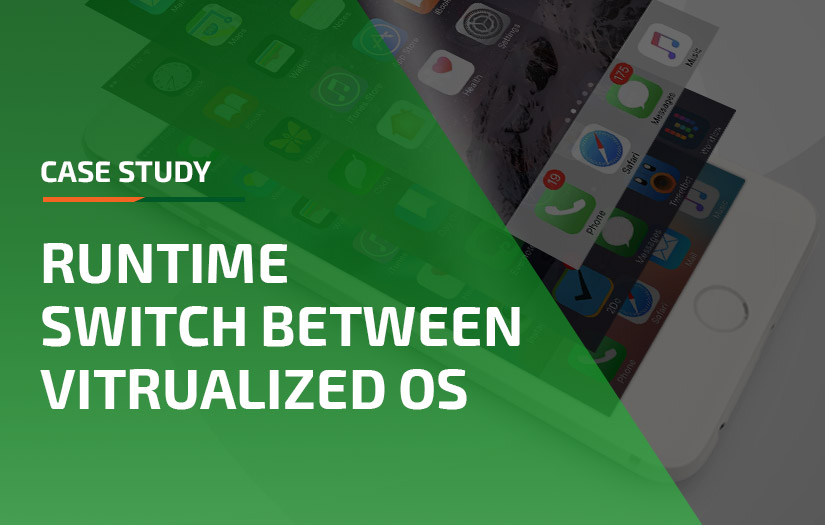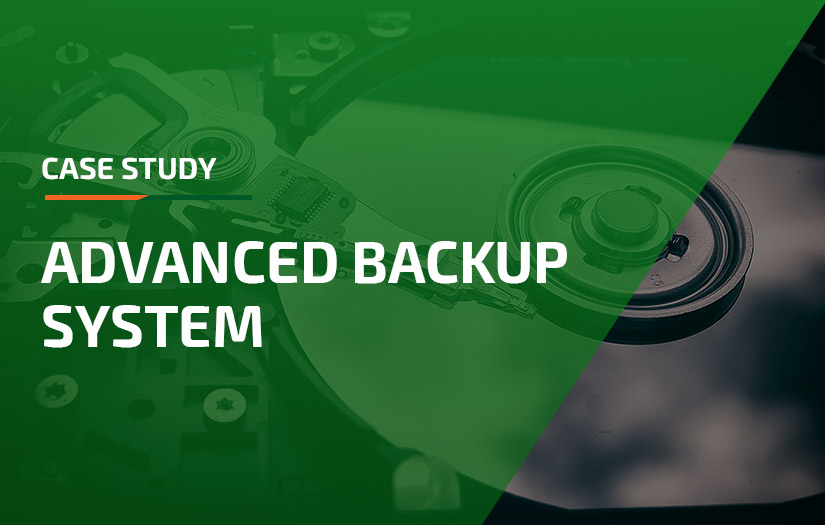
Apriorit Inc.
Custom Web Application, SaaS Development.
Apriorit is a boutique software engineering company that helps tech enterprises and startups worldwide with:
- Building custom software solutions
- Upgrading legacy products
- Configuring and maintaining cloud environments
- And more
The company has headquarters in the US, an EU office in Poland, and several development offices in Eastern Europe hosting over 20 R&D and QA teams.
Apriorit takes a client-oriented approach, providing you with the best software development, quality assurance, DevOps, reverse engineering, business analytics, and project management talents to make your dream software a reality.
Leveraging the capabilities of Python, .NET, and C/C++, our specialists bring strong security, great performance, and innovation to:
- Driver development projects
- Operating system management projects
- Cloud-based platforms and solutions
- Embedded and Internet of Things solutions
- Cybersecurity solutions
- Blockchain-based products and smart contracts
- Artificial intelligence and machine learning solutions
Why consider Apriorit?
Over the last two decades, Apriorit has become well known for:
- Deep technical expertise
- Mature delivery processes
- Obsession with quality
- A focus on cybersecurity
- Strong communication skills
These qualities make 98% of our clients, including several Fortune 500 companies, keep coming back to us with new tasks.
Get in touch with us to start discussing delivery options for your dream software!
 United States
United States
Service Focus
Industry Focus
- Automotive - 30%
- Financial & Payments - 20%
- Healthcare & Medical - 20%
- Telecommunication - 10%
- Banking - 10%
- Oil & Energy - 10%
Client Focus
Detailed Reviews of Apriorit Inc.
Client Portfolio of Apriorit Inc.
Project Industry
- Information Technology - 30.4%
- Banking - 4.3%
- Business Services - 8.7%
- Financial & Payments - 17.4%
- Other Industries - 17.4%
- Food & Beverages - 4.3%
- Healthcare & Medical - 8.7%
- Telecommunication - 4.3%
- Government - 4.3%
Major Industry Focus
Project Cost
- $100001 to $500000 - 13.0%
- $10001 to $50000 - 47.8%
- Not Disclosed - 17.4%
- $0 to $10000 - 8.7%
- $50001 to $100000 - 8.7%
- $500000+ - 4.3%
Common Project Cost
Project Timeline
- Not Disclosed - 4.3%
- 1 to 25 Weeks - 26.1%
- 26 to 50 Weeks - 4.3%
- 51 to 100 Weeks - 65.2%
Project Timeline
Portfolios: 23

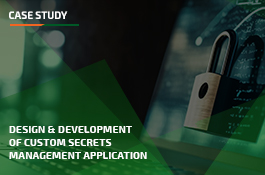


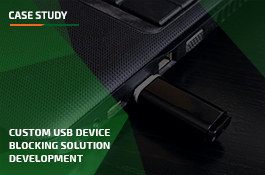

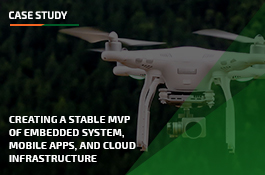
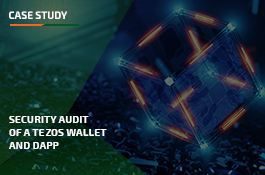
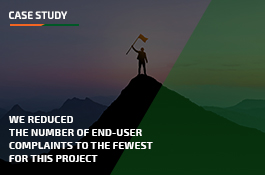

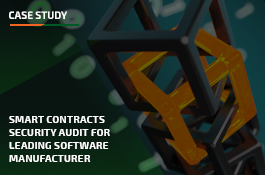
.jpg)
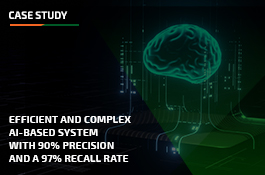
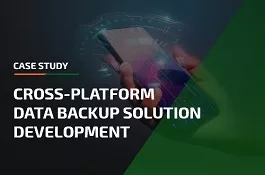
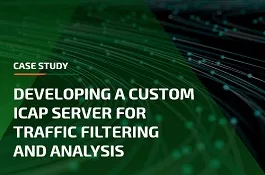
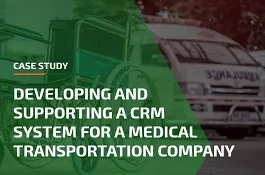




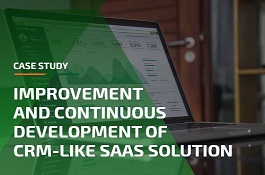
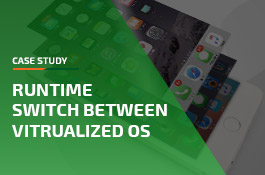
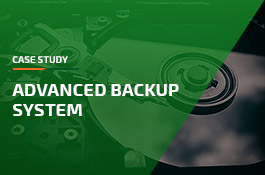
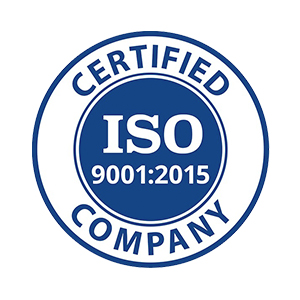
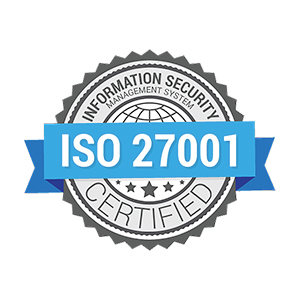
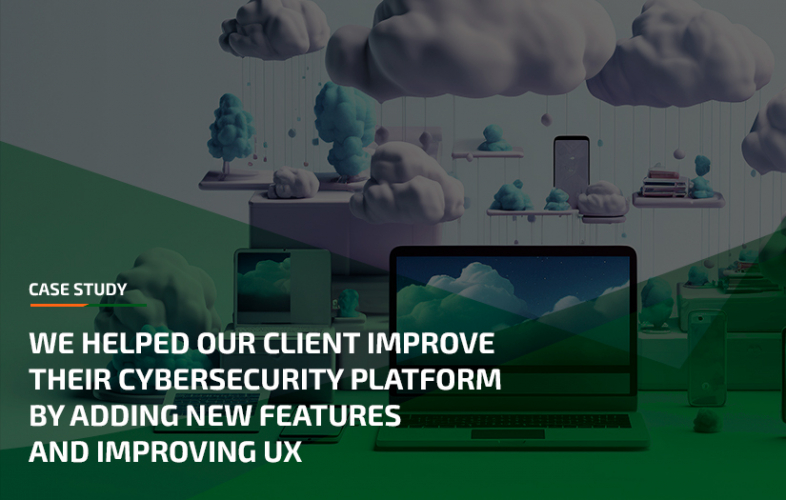
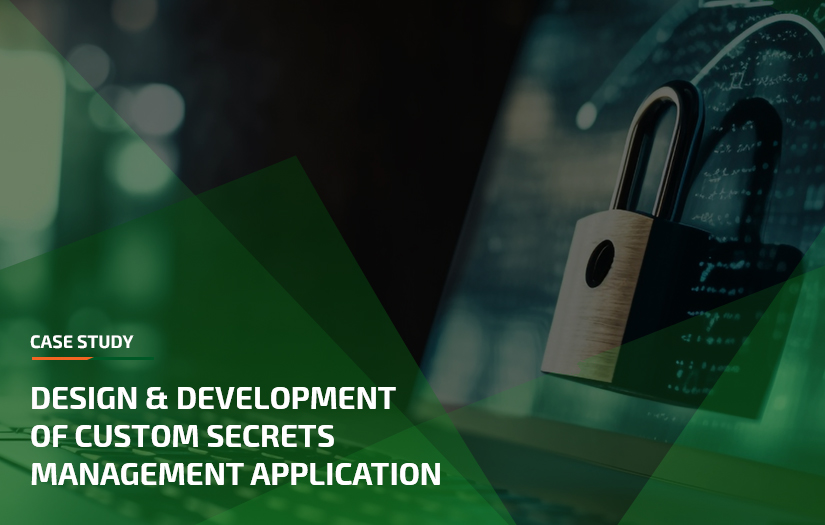


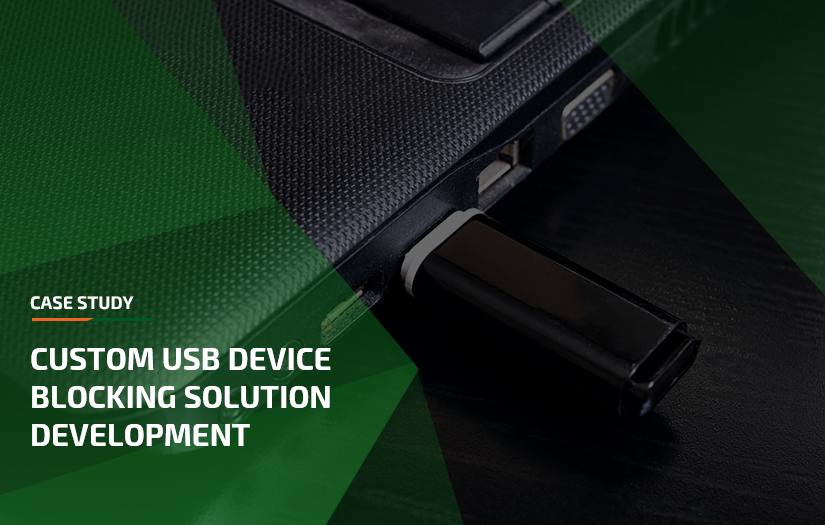

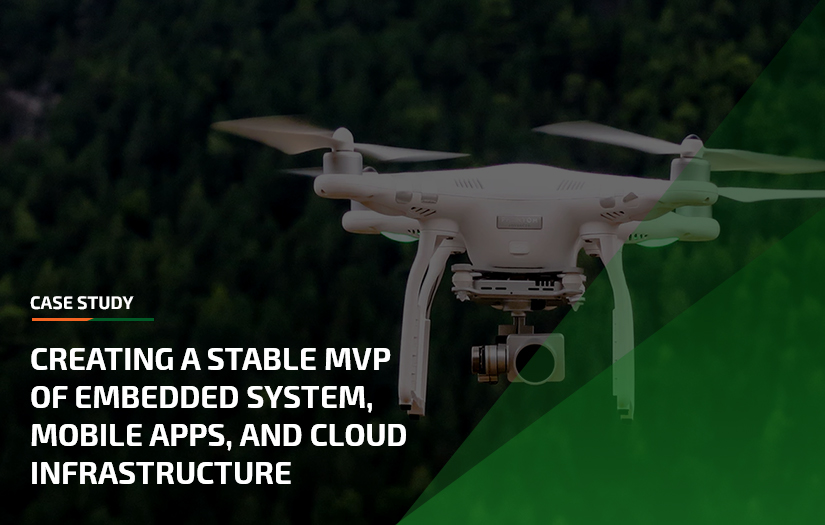
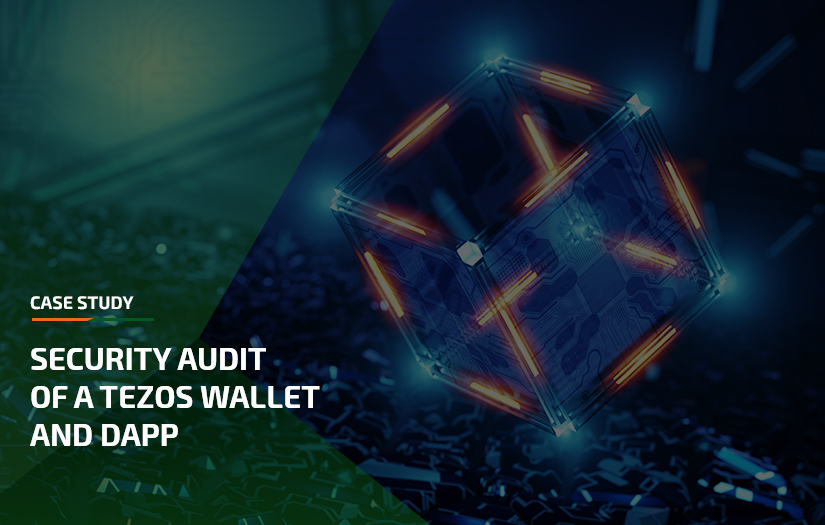
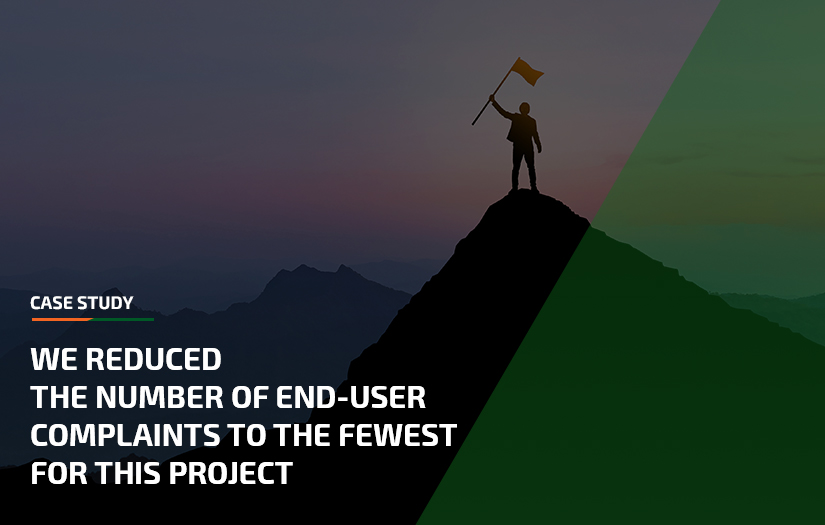


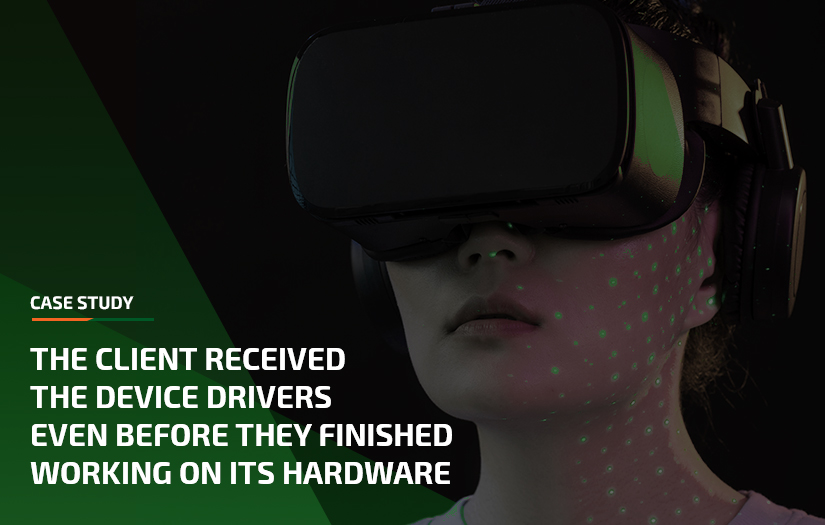
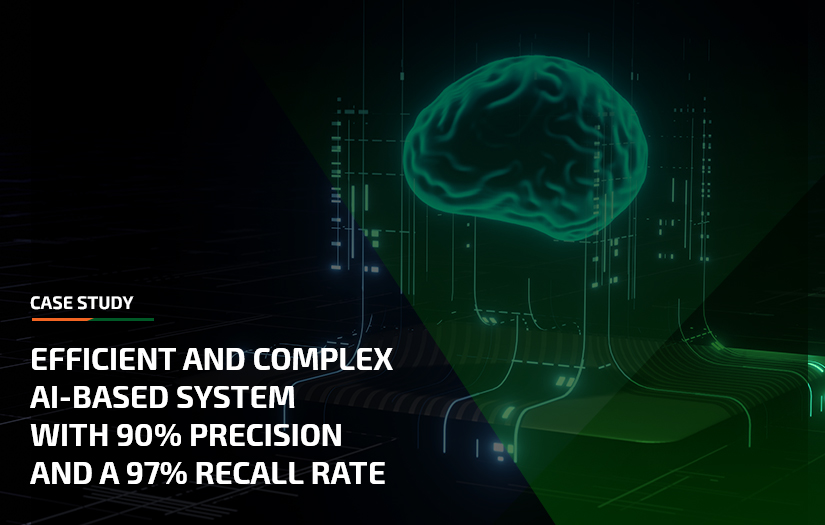
.webp)
.webp)
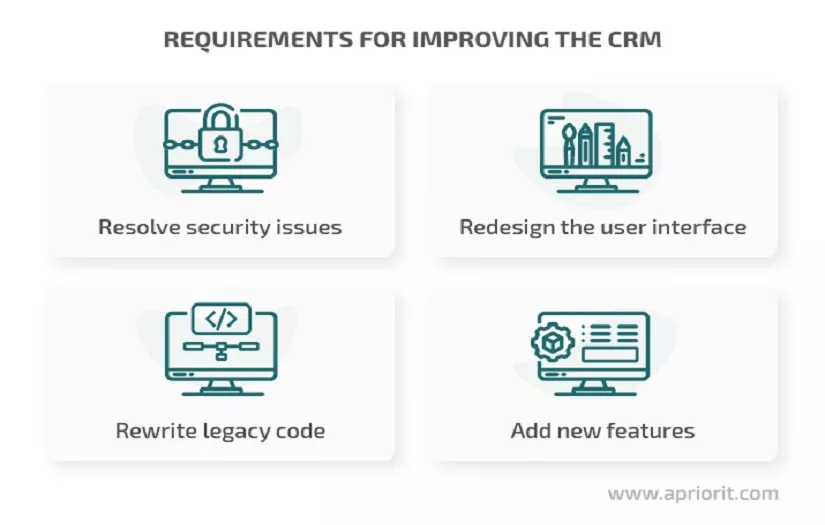
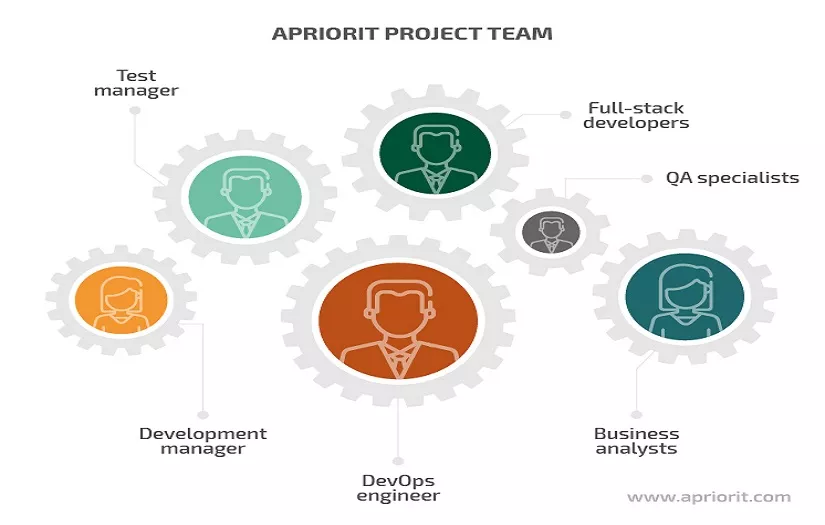
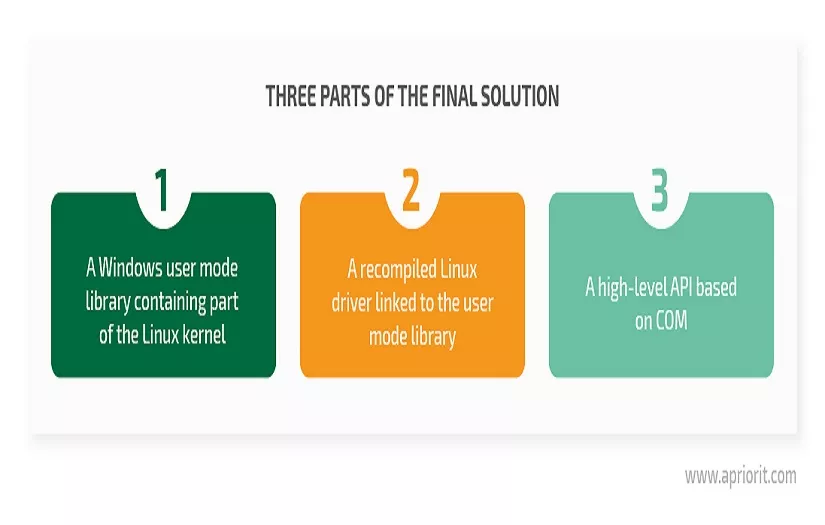
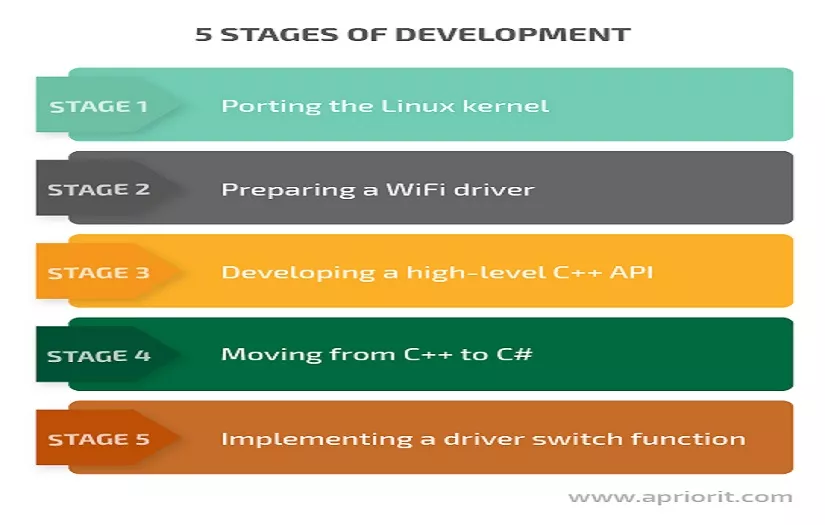
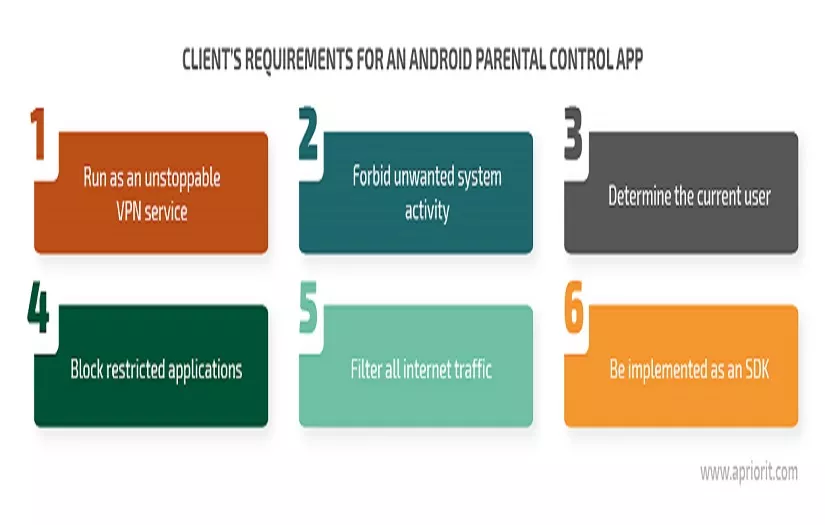
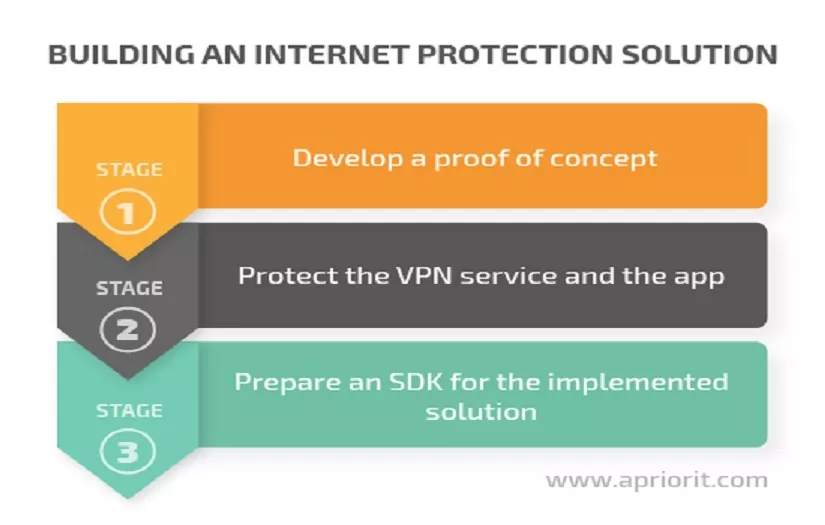
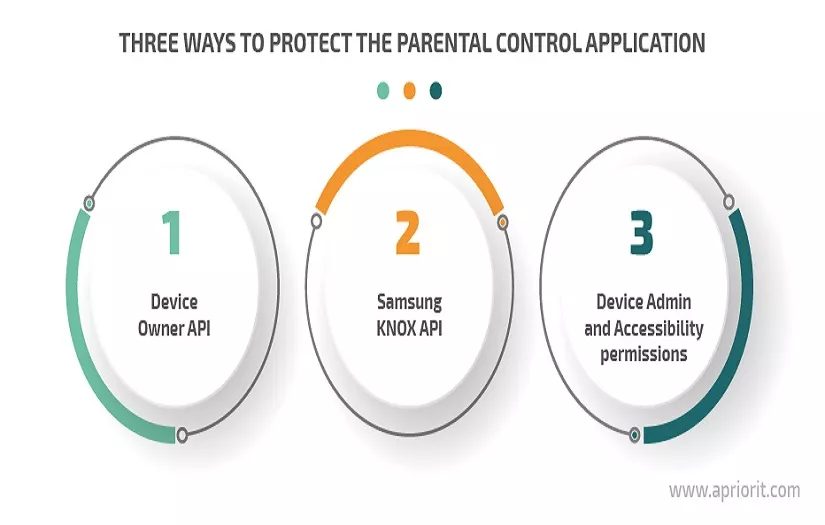
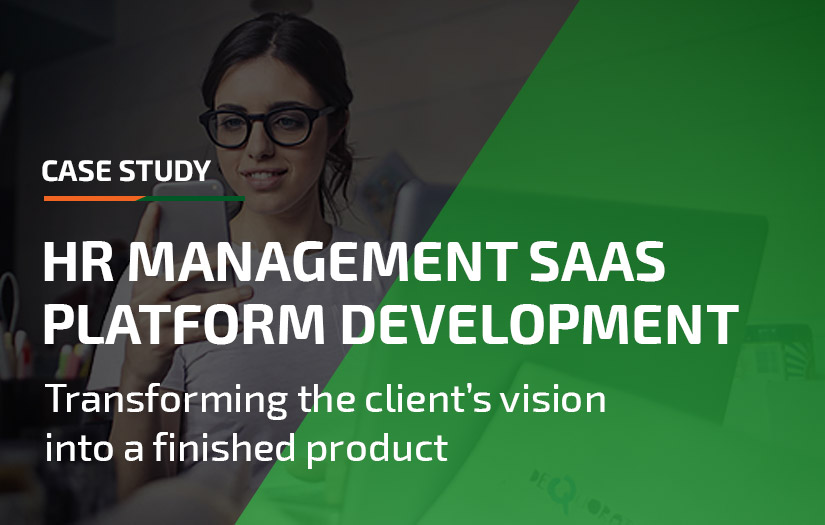

.png)
